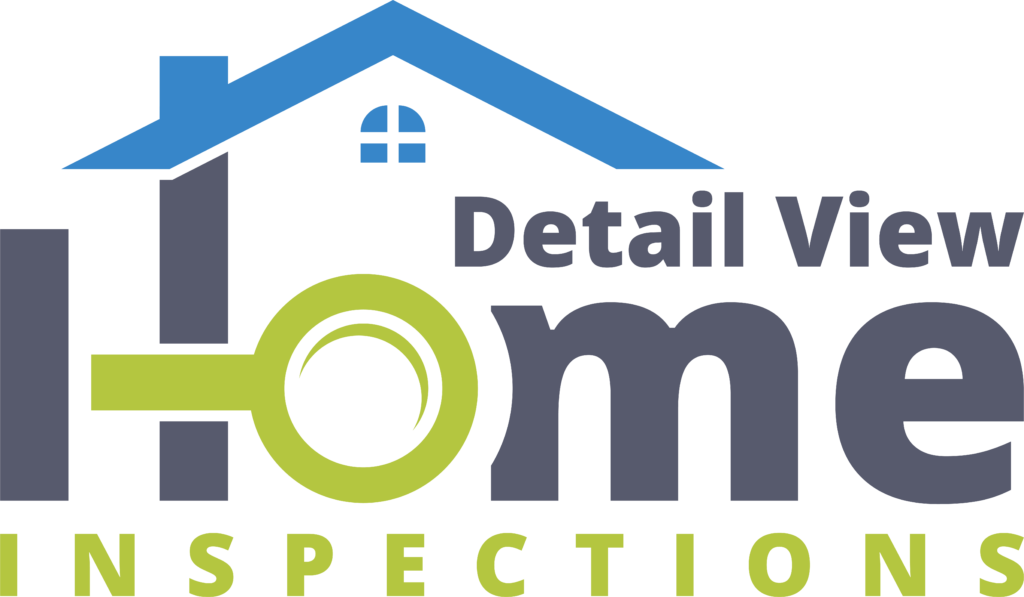So you’ve found your dream home! It’s beautiful, has enough space, and is in your preferred area. But the rest of your home depends on its structure, and few things can be more damaging to your home than wood-destroying insects. That’s why you need a termite inspection!
Termite Inspections are Required
Termite inspections (or, more accurately, wood-destroying insect inspections) are required for most home sales. Many parties are invested in ensuring that your home is safe for you to move into (and for them to invest their resources in).
Banks
About 80% of home sales are financed through home mortgages and other bank loans. Home loans are big business for banks, but if the home’s structure isn’t sound, that can mean a significant loss. That’s why the vast majority of home purchases require a termite inspection.
Home Owner Associations (HOAs)
This category may surprise you. Some home owner associations require termite inspections to keep up appearences and maintain the condition of the neighborhood. And if you think about it, a collapsed building is a much bigger eyesore than an unauthorized lawn gnome! While HOAs can get a bad rap for being picky or stuffy, it’s hard to argue with this particular statute.
Buyers
As a home buyer, it’s completely within your rights to request a termite inspection, even if none of the other entities we’ve covered require it. A home is a big purchase no matter who you are! And as we always say, our Detail View’s job is to make sure your dream home doesn’t become a nightmare!
A wood-destroying insect inspection is a vital part of any home purchase and should be included along with your regular home inspection, well inspection, and radon testing before you invest in the place you want to live for the next several years to the rest of your life.
What Is a Termite Inspection?
When a certified home inspector does a termite inspection, they look for several things.
Firstly, they’ll look at the exterior and interior of the home and check for physical evidence of termites and other wood-destroying insects. This can include damaged wood, holes, hollowed-out areas, and weakened elements. It also can consist of termite feces, mud tubes, and parts of the insects.
Home inspectors will also check the soil around the home. Some of the most common wood-destroying insects are subterranean termites. They’ll look for signs that termites are nesting near the house.
Another item included in a termite inspection is the environment surrounding a home. Wood piles, stumps, and other old wood can attract termites. Since termites also need water, excessive moisture can be a factor in whether you have termites or whether you may attract them in the future.
After a termite inspection, your home inspector will give you a report that includes all the findings plus any recommendations. If you have termites, the inspector will let you know. If you don’t, the inspector will tell you how to keep it that way!
What If You Turn Up Termites?
If a termite inspection turns up termites or other wood-destroying insects, it’s not necessarily a death sentence for the home or the sale. Many reputable pest control companies can treat a termite inspection and prevent future ones. Depending on how early your home inspector caught the problem, there may not yet be significant damage to the home.
Termites cover a large part of the country, including Southwest Virginia. That’s why termite inspections in Roanoke, the NRV, and surrounding areas are a part of the home-buying process. Detail View would love to help you with all of your home inspection needs.

